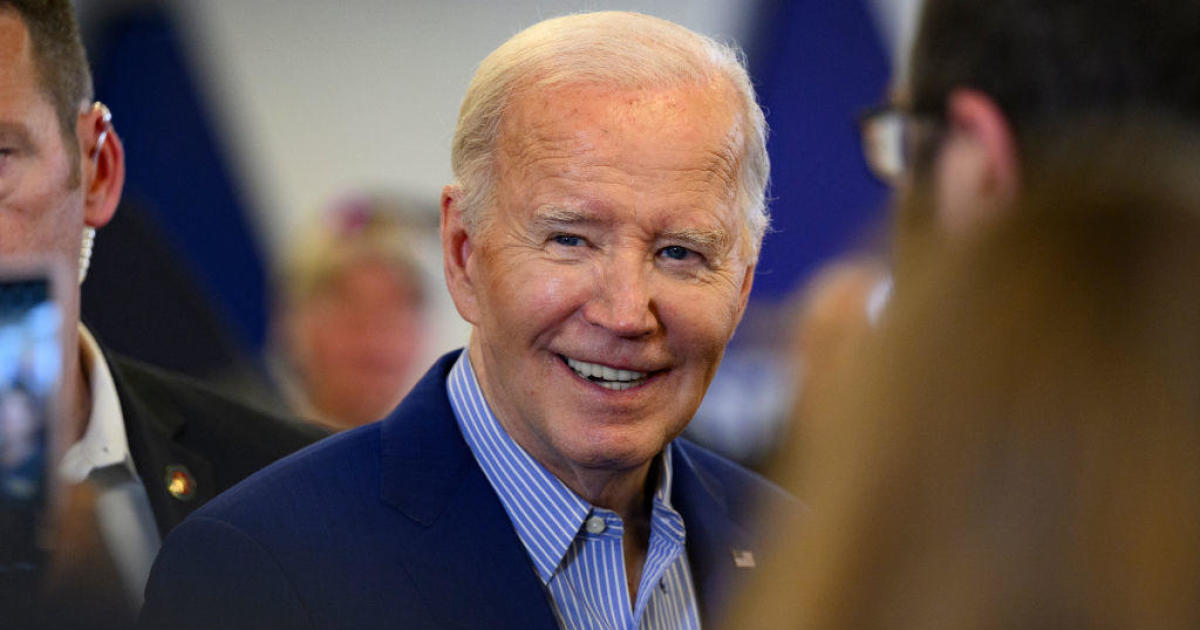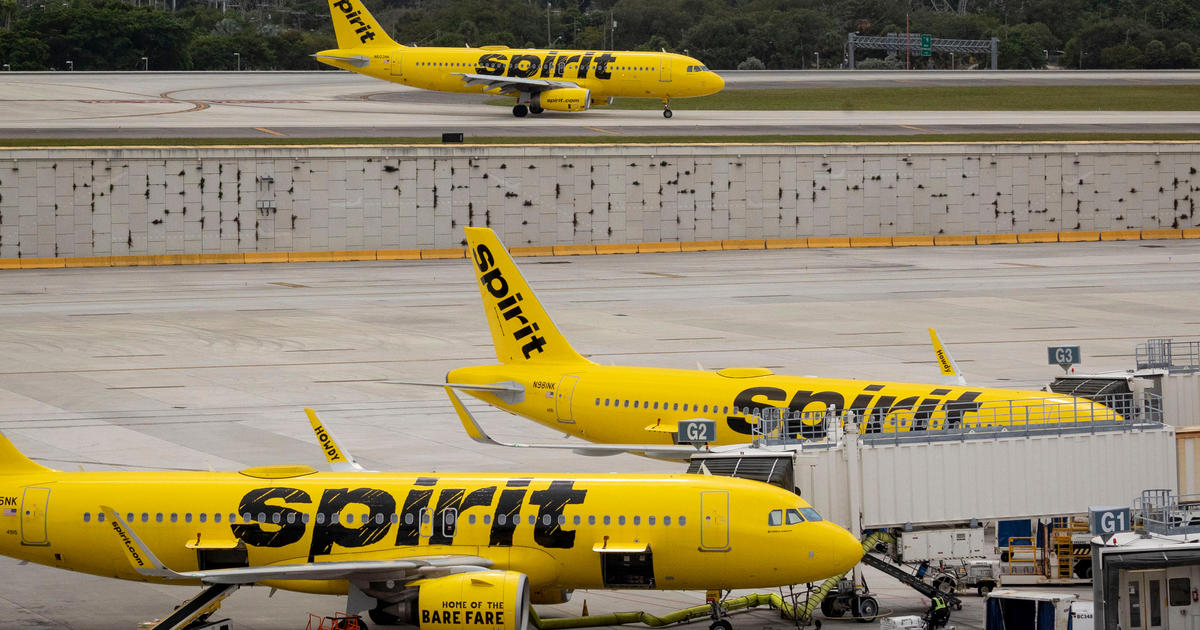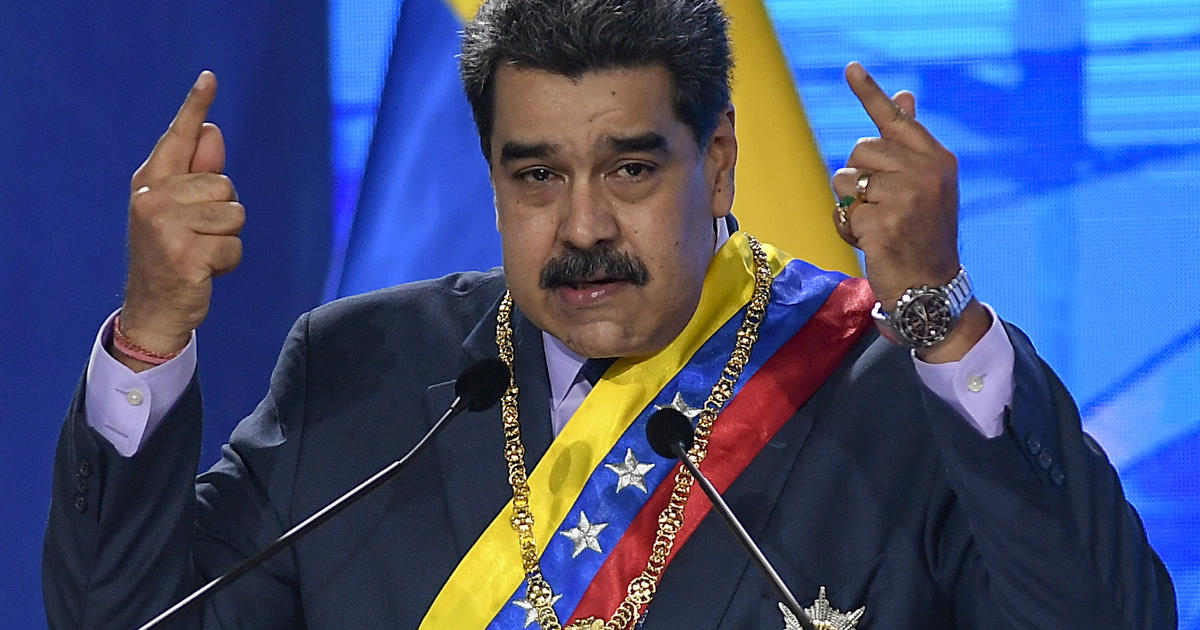Trump Administration Imposes New Cuba Travel Restrictions
MIAMI (CBSMiami/AP) -— The US announced major new travel restrictions Tuesday on US citizens planning to visit the island of Cuba.
The Trump administration's new travel restrictions include a ban on many forms of educational and recreational travel.
The Treasury Department said in a statement that the U.S. will no longer allow the group educational and cultural trips known as "people to people" travel to the island. Those trips have been used by thousands of American citizens to visit the island even before the U.S. restored full diplomatic relations with the communist government in December 2014.
Treasury said it would also deny permission for private and corporate aircraft and boats. However, commercial airline flights appear to be unaffected and travel for university groups, academic research, journalism and professional meetings will continue to be allowed.
"It kills the people-to-people category, which is the most common way for the average American to travel to Cuba," said Collin Laverty, head of Cuba Educational Travel, one of the largest Cuba travel companies in the U.S.
The impact on the public is still being determined.
"It can effect cruises more than airlines," said Cuba scholar Dr. Andy Gomez. "Why? Who travels on cruise lines? Mostly Americans. Who travels on airlines? Mostly Cuban Americans."
The cruise ship industry is evaluating the future viability of sailing to the island nation, and the same can be said for the airline industry. American Airlines released a statement Tuesday:
"We are reviewing the announcement to understand any potential impact. We will continue to comply with federal law and work with the Administration to update our policies and procedures regarding travel to Cuba as necessary."
Praise for the move from Florida U.S. senator Rick Scott, who said, "Money spent in Cuba goes directly to the Castro Regime and helps keep Maduro and his brutal regime in power."
As for reasons behind the change, Dr. Gomez has a good idea of why.
"Cuba's continued support of Nicolás Maduro of Venezuela, is a major component of the crackdown," said Dr. Gomez. "The Trump Administration ratchetting up pressure on the Cubans to abandon Maduro."
Treasury Secretary Steven Mnuchin said the measures are a response to what it calls Cuba's "destabilizing role" in the Western Hemisphere, including support for the government of President Nicolas Maduro in Venezuela.
"Cuba continues to play a destabilizing role in the Western Hemisphere, providing a communist foothold in the region and propping up U.S. adversaries in places like Venezuela and Nicaragua by fomenting instability, undermining the rule of law, and suppressing democratic processes," he said. "This administration has made a strategic decision to reverse the loosening of sanctions and other restrictions on the Cuban regime. These actions will help to keep U.S. dollars out of the hands of Cuban military, intelligence, and security services."
The new restrictions had been previewed by national security adviser John Bolton in an April speech in Miami to veterans of the failed 1961 Bay of Pigs invasion but details of the changed were public until Tuesday. Treasury said the sanctions would take effect on Wednesday after they are published in the Federal Register.
Late Tuesday morning, Engage Cuba, a coalition of private companies and organizations working to end the travel and trade embargo on Cuba, released the following statement:
"Restricting Americans' freedom to travel is an attack on our fundamental right as citizens. The federal government should not be policing where Americans go on vacation. Our core freedoms should not be held hostage by politicians for naked partisanship."
(© Copyright 2019 CBS Broadcasting Inc. All Rights Reserved. The Associated Press contributed to this report.)



